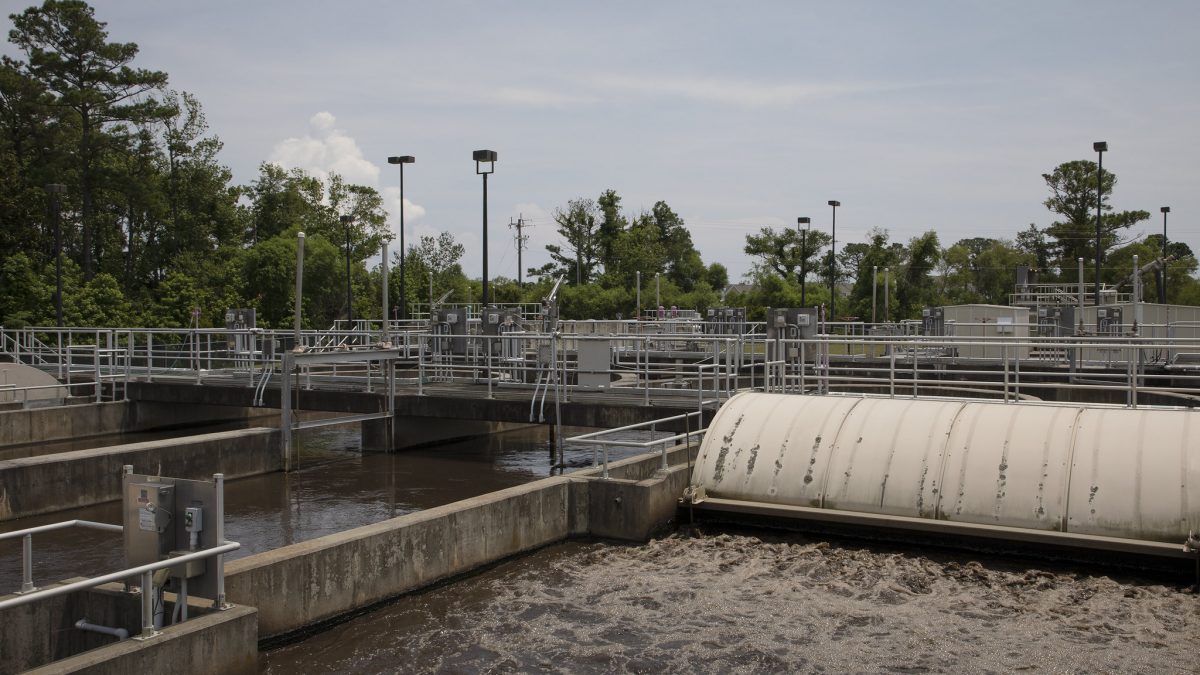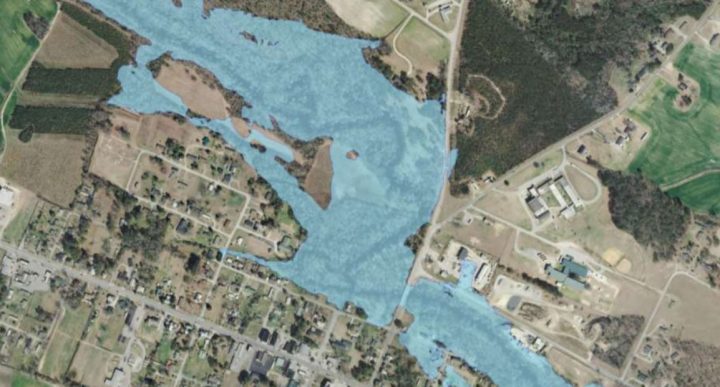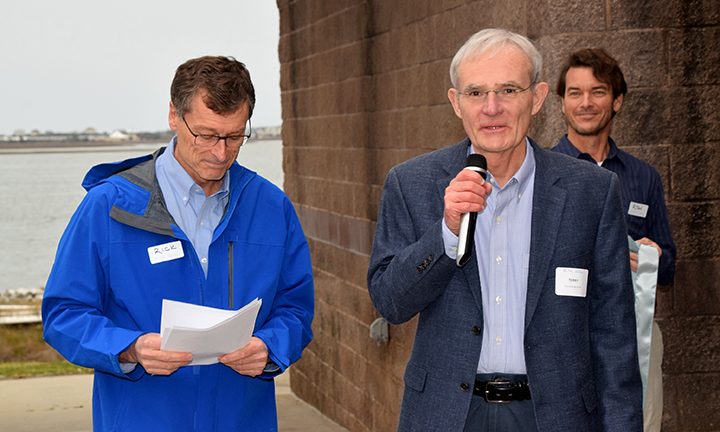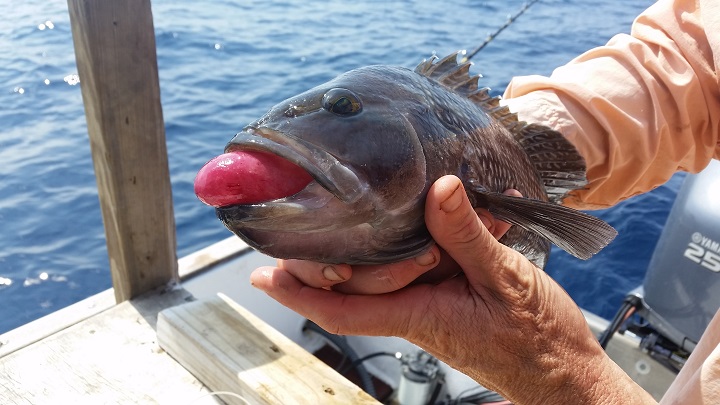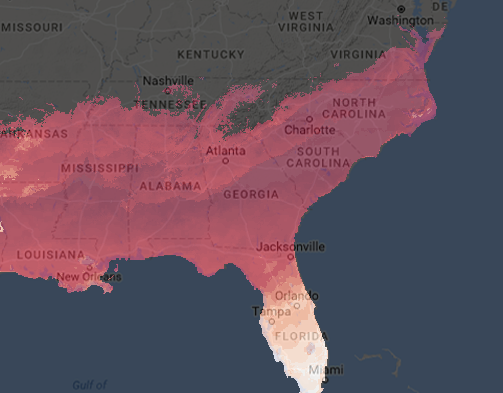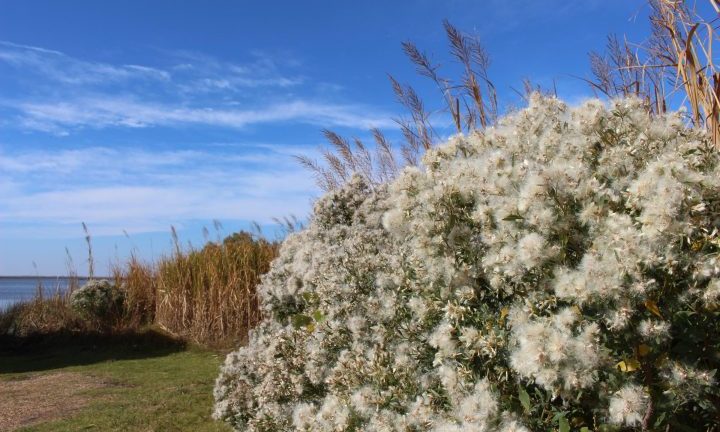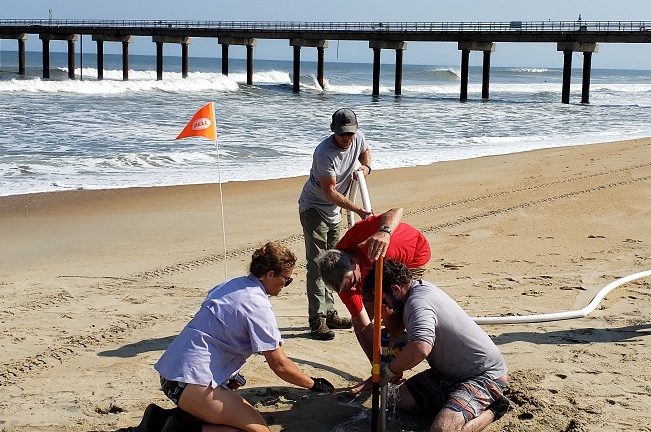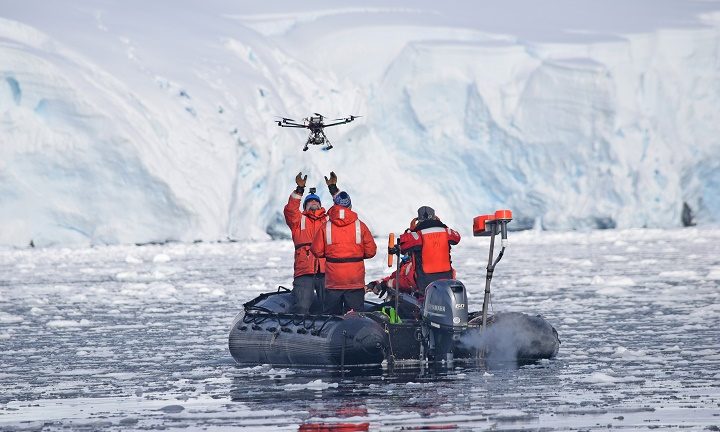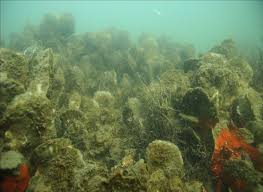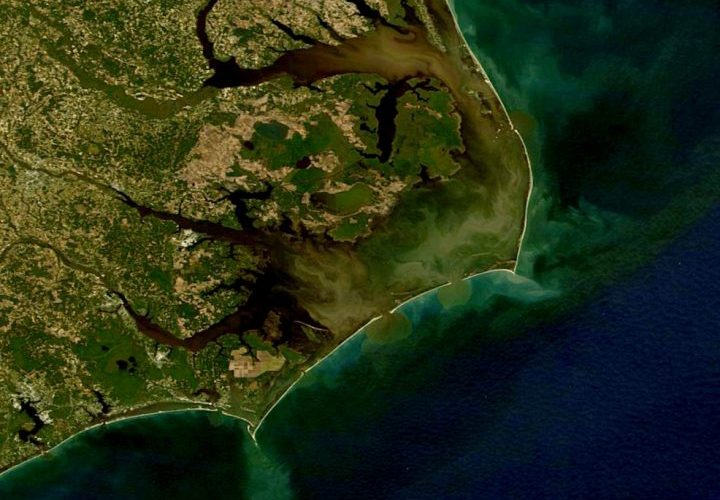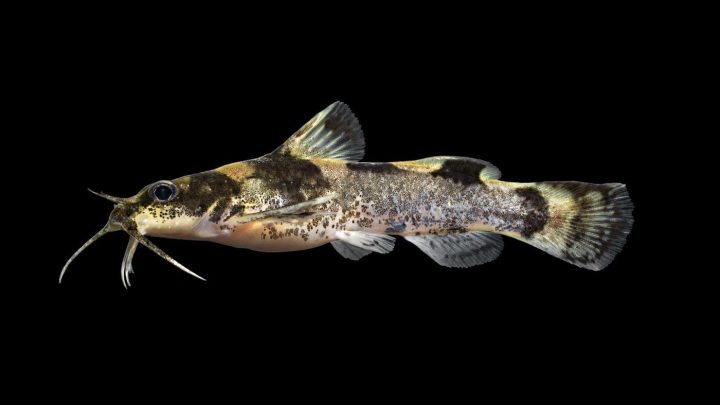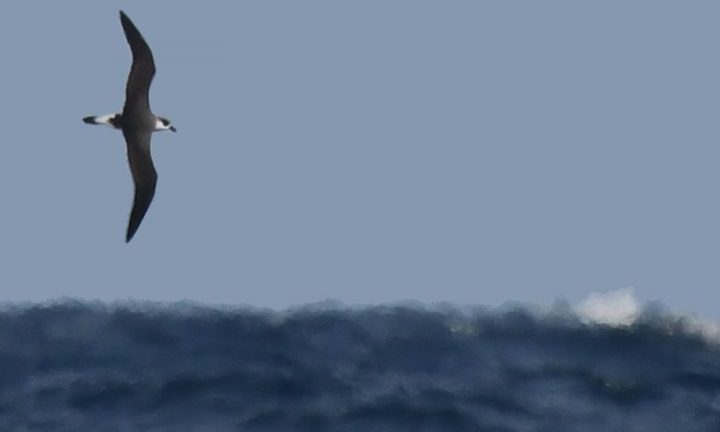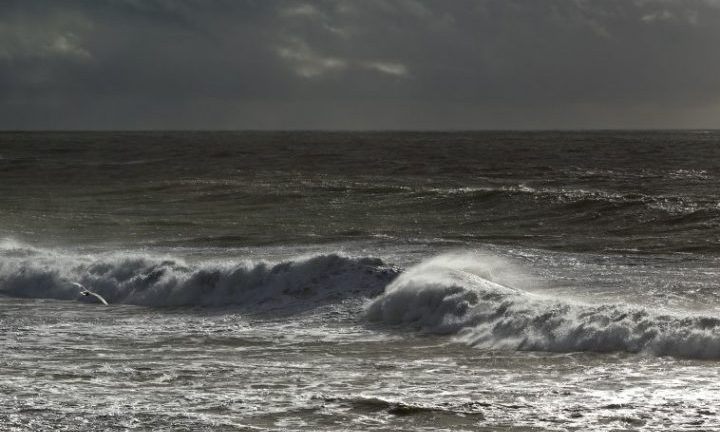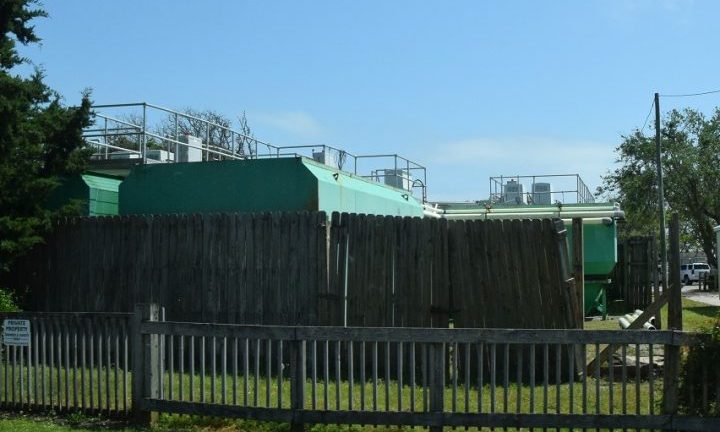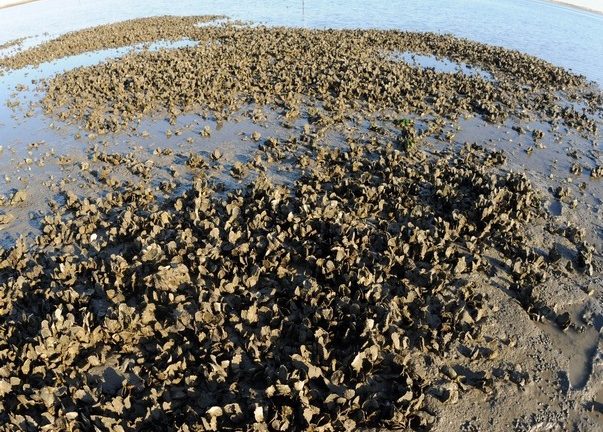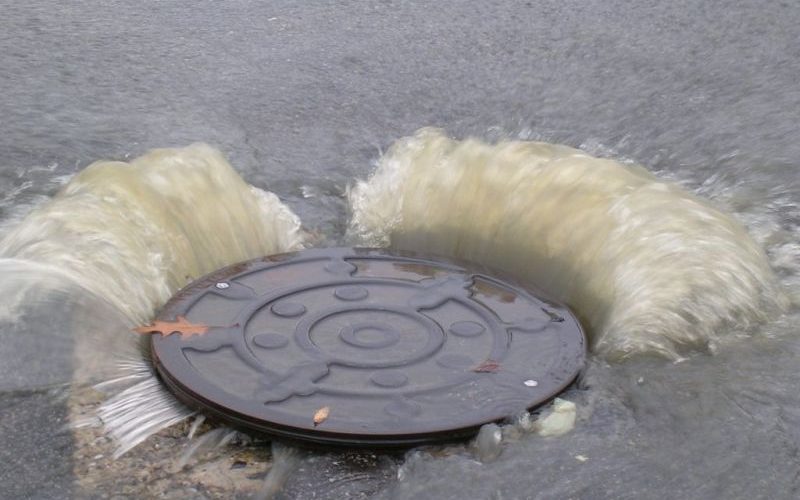UNC researchers say samples taken from wastewater treatment systems may provide an early glimpse of what’s going on with the coronavirus in the population.
Science
Gauges Added to Improve Flood Prediction
The Albemarle-Pamlico National Estuary Partnership recently funded three new gauges for the state Flood Inundation Mapping and Alert Network to help better predict flooding in the low-lying northeast region.
UNC Institute Shows Off Renovated Lab
Coastal researchers and UNC officials recently gave invited guests an up-close look at the newly refurbished wet labs at the university’s Institute of Marine Sciences in Morehead City.
Research Helps Survival of Released Fish
Researchers at N.C. State’s Center for Marine Science and Technology have been studying caught and released fish to better estimate death rates and improve their odds for survival.
Spring Leaves Appearing Earlier Than Normal
The earliest leaves of spring in much of North Carolina and along the coast are coming out nearly a month earlier the long-term average this year, researchers say.
Currituck Marsh Focus for Resilience Project
A recently announced project at Pine Island aims to study, protect and restore Currituck Sound marshes, a globally significant habitat that has been degraded by pollution and effects of climate change.
Better Beach Data Goal of DUNEX Project
A pilot study underway at the Army’s coastal and hydraulics research facility at Duck Pier aims to improve the quality of beach data researchers collect during storms.
Researchers Automate Whale Data Collection
Researchers have developed an automated method that uses artificial intelligence and computer models to determine the species of whales photographed using drones and measure their length.
Audio Recordings Bolster Reef Life Science
N.C. State researchers using underwater sound recordings have found more biodiversity of fish and other aquatic life than expected depend on oyster reefs as habitat.
Study: Climate Change Key in Cycle of Floods
With six of seven of the highest rainfalls since 1898 occurring within the last 20 years, UNC researchers find that climate change may be stirring a feedback loop of flood-producing coastal storms.
2 Neuse River Creatures To Get Protection
The U.S. Fish and Wildlife Service proposes to list the Neuse River waterdog as threatened and the Carolina madtom as endangered under the Endangered Species Act.
Team Seeks Skittish Seabird Off NC Coast
Researchers are looking for the mysterious black-capped petrel off Cape Hatteras, a threatened pelagic bird that breeds on Caribbean islands and travels far to forage.
New Tsunami Research Rides on Small Waves
NOAA scientists studying meteotsunamis say learning more about these smaller tsunami-like waves that reach N.C. beaches generally unnoticed could help in forecasting storm surge and coastal flooding.
Study Eyes Tourism’s Effect On Groundwater
Researchers studying groundwater quality on Bogue Banks, where there’s no central wastewater treatment plant, have shown correlations in nitrogen levels and seasonal population spikes.
Forum Links Coastal Scientists, Community
Numerous factors play a part in oyster reef growth rates, according research shared during a recent symposium at the University of North Carolina Institute of Marine Sciences in Morehead City.
Study: Expect Worsening Wastewater Woes
Researchers say excessive rainfall, rising sea levels and other factors are compounding the problems that cause sewage spills, and towns may be overwhelmed trying to address more and more wastewater system failures.

